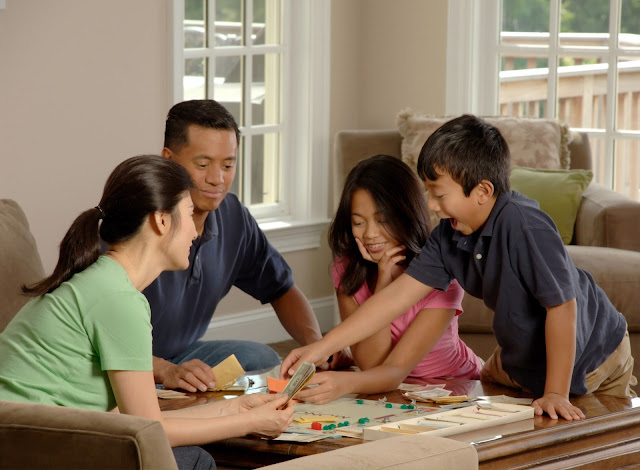The Secret to Maintaining a New Habit

We all long for self-improvement. Sometimes we have a dream: "I want to write a book." "I want to run a marathon." "I want to retire at 55." Other times, something triggers a desire for change. We eat a big holiday meal, or step on the scale after a vacation, and think, "That's it! I'm losing 30 pounds!" Or we babysit our grandkids or help someone downsize and move to another state, and we realize "Wow! I'm really out of shape! I'm going to start exercising every day!" There's no reason to doubt our motivations. The problem with creating a new positive habit is not that we have no resolve. We really mean it when we decide in December to start going to the gym three times a week in the new year. Our intentions are sincere. But gyms are pretty empty by the end of February. What's the problem? The problem for most of us isn't starting a new habit. It's maintaining one. I remember learning to t...





